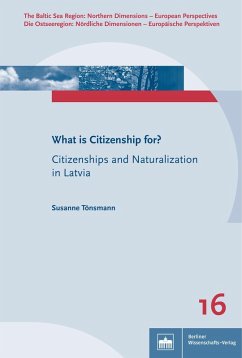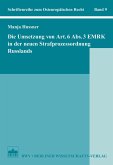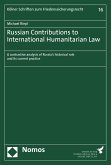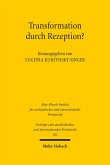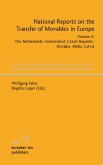Citizenship is considered a core ingredient of democracy and provides an indeed valuable status: Having citizenship means, amongst other things, having the right to vote, belonging to a state and being able to show a passport when crossing a border. What happens, though, when citizenship is not a given but an option? After the collapse of the Soviet Union, a sizeable part of Latvia's population was left without citizenship. Their willingness to naturalize has been lower than expected - a situation that challenges our understanding of citizenship as a desirable status.°°°°What makes citizenship attractive for people? Why does the state want to have citizens and not only residents? Conceiving citizenship as a relation between an individual and a particular state, this book addresses different dimensions of citizenship. Firmly rooted in citizenship theory, the author presents answers to the question 'What is citizenship for?' and provides a nuanced analysis of the development of Latvian citizenship policies.°°
Dieser Download kann aus rechtlichen Gründen nur mit Rechnungsadresse in A, B, BG, CY, CZ, D, DK, EW, E, FIN, F, GR, HR, H, IRL, I, LT, L, LR, M, NL, PL, P, R, S, SLO, SK ausgeliefert werden.

